Kurt_Steiner said:Sopwith... mmmh... perhaps too early?
Oh right!
Not too early in-game, though - it is just a matter of getting a large number of air units built.
Kurt_Steiner said:Sopwith... mmmh... perhaps too early?
Allenby said:Oh right!I thought you were referring to the double humped desert-dwelling creatures.
Not too early in-game, though - it is just a matter of getting a large number of air units built.
Sir Humphrey said:Surely artillery is more important than these air contraptions on the Western front?

Kurt_Steiner said:Gosh... large numbers again...
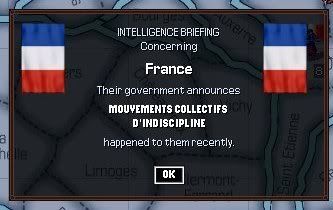
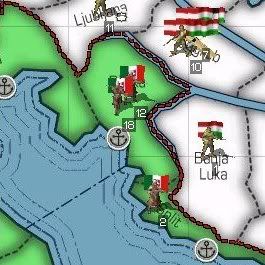
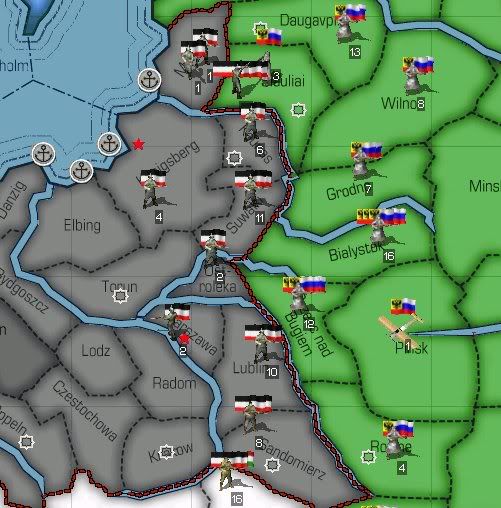
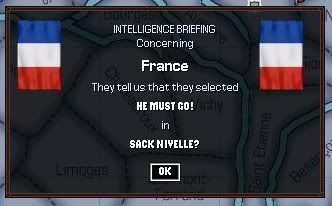
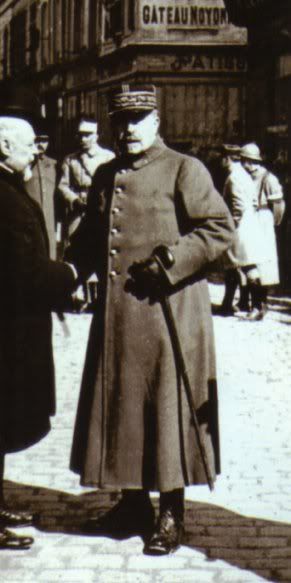
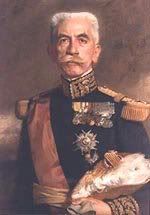
Vincent Julien said:So, it looks as if the Allies have been somewhat stalled, for now. It'll be interesting to see how Russia and the Balkans develop. I'm still dying to know what's going on in the Middle East, though.
Vann the Red said:Another excellent update, Allenby. Things are not looking quite as rosy for the Allies.
Lord_Robertus said:Hmmmm. Things don't look good for the Empire (British). Looks like things are going exactly as they went in real life.
Damn
Lord E said:Jolly nice update sir. Only to bad it was a update where most things went wrong, good to see that the BEF is doing good though, also getting rid of Nivelle wasn’t the dumbest thing the French I have done I guess. Maybe the new French command will do better
Looking forward to the next update, maybe we get to see more of the Middle East?
El Pip said:The war does appear finely balanced, yet I suspect neither side on the Western Front will be able to mount a 'knock out blow' any time soon. Unless the French do collapse which cannot be totally discounted. Lyautey should not consider the French Army even a blunted offensive tool, someone should have a quiet word with him.
As for Russia, who knows really? Things continue to get worse and I can hear destiny calling Russia towards its unfortunate and lammentable future. Unless something changes I fear it may go historically out East.
Finally, futile though it may be, I add my voice to those calling for a Middle Eastern update.
VILenin said:And Austria-Hungary collapse? HA! What a ridiculous idea!
blysas said:It's all in the balance, but what I want to know is what will happen to AH, will it hold on or will the Itlian break through finally cripple it into submission ?
Earl Uhtred said:What are the trigger conditions for the Russian revolution?
trigger = {
OR = {
atwar = yes
event = 48709 #defeat of Russia
}
dissent = 20
event = 48100 #February Revolution
NOT = {
control = { province = 602 data = RUS } #Berlin
}
}Vincent Julien said:What manner of forces do the Italians have in the Veneto? I do hope that they left a sufficently large guard there.
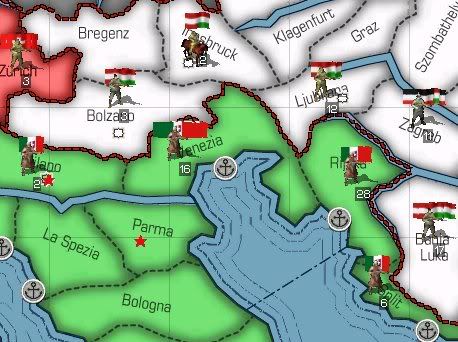
laminustacitus said:Go Deutschland.

Sir Humphrey said:We need the British to take the lead. Advance destroy and kill.

kenneththegreat said:The line in Milan looks thin, but then again there's a mountain/hill penalty for that i guess..
